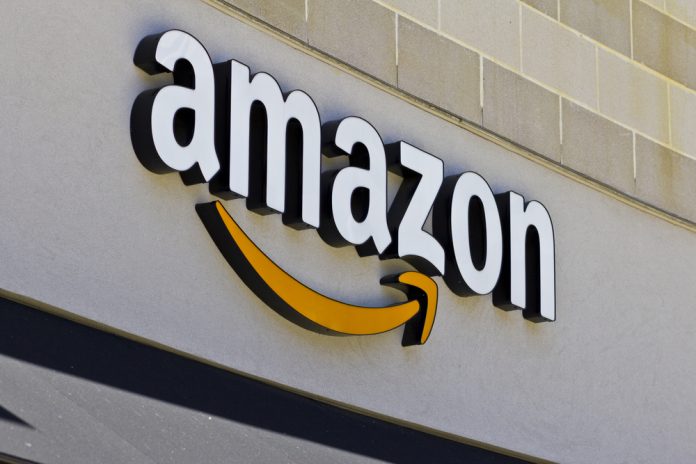NEW DELHI: Amazon.com Inc has secured clearance to deliver alcohol in India’s eastern state of West Bengal, according to a document seen by Reuters, signalling the US e-commerce giant’s first foray into the country’s multi-billion-dollar sector.
In a notice on Friday, West Bengal State Beverages Corp, the authorised agency to carry out online retail of liquor trade in the state, said Amazon was among the companies found to be eligible for registration with authorities.
Alibaba-backed Indian grocery venture BigBasket has also won approval to deliver alcohol in the state, the notice said.
West Bengal is India’s fourth most populous state, with a population of more than 90 million people.
Amazon has been invited to sign a memorandum of understanding with the state, said the notice, which has not previously been reported.
Amazon did not respond to a request for comment. BigBasket also did not respond to a request for comment.
Amazon’s interest in delivering alcohol in West Bengal marks a bold move to make inroads into a market that is worth $27.2 billion, according to estimates by IWSR Drinks Market Analysis.
Over the years, Amazon has expanded its e-commere operations in India as more and more people go online to shop for everything from groceries to electronics. The company has committed $6.5 billion in investments in India, one of its key growth markets.
India’s top two food-delivery startups, Swiggy and Zomato, started delivering alcohol in some cities last month, as they looked to cash in on the high demand for booze as many states come out of a lockdown aimed at tackling the coronavirus.
India restricted liquor sales when it announced a nationwide lockdown in March. Hundreds of people queued up at liquor stores in May when some restrictions were eased, and the liquor industry had been lobbying with many states to allow online deliveries.
Each state sets its own alcohol sales policy. West Bengal last month invited companies to express interest for “handling electronic ordering, purchase, sale and home delivery of alcoholic liquors from licensed retail outlets” to eligible legal-age consumers in the state.




